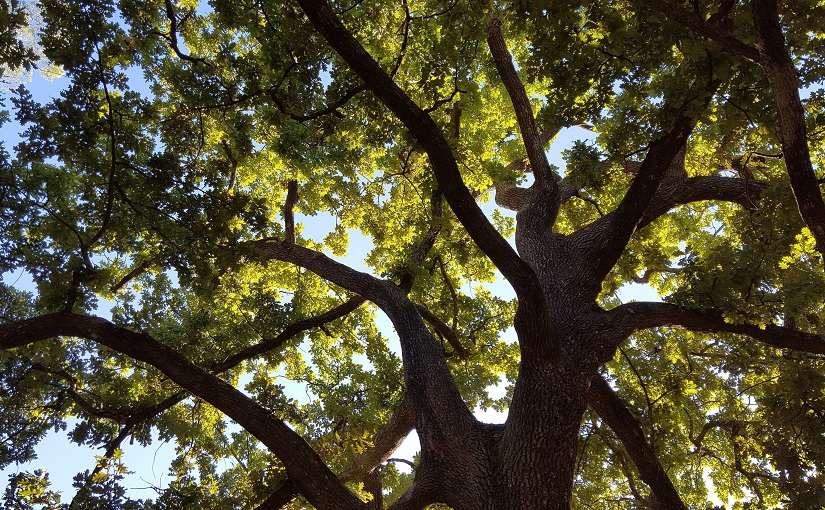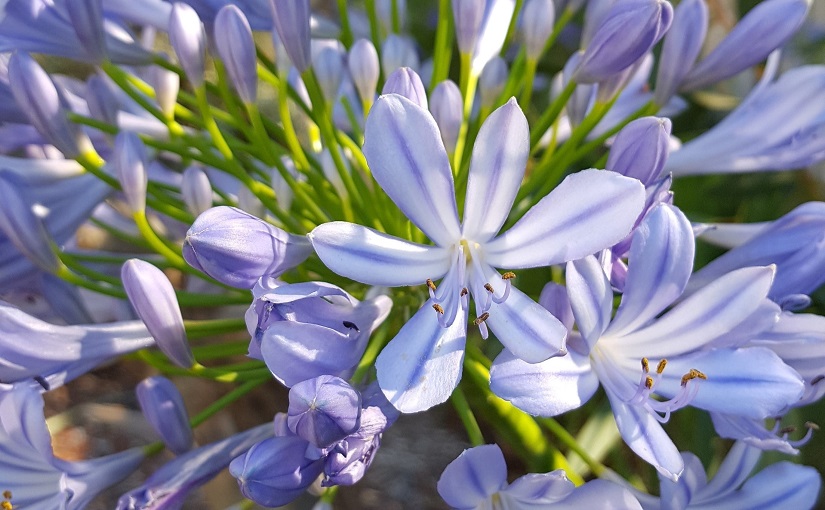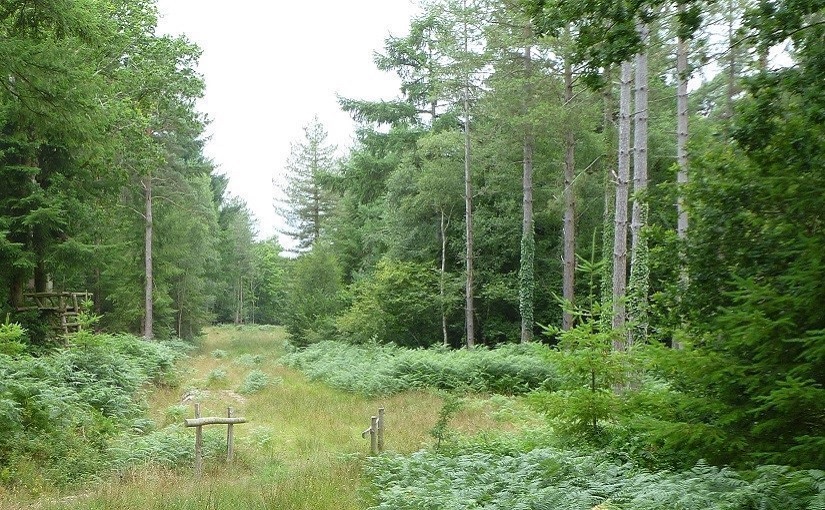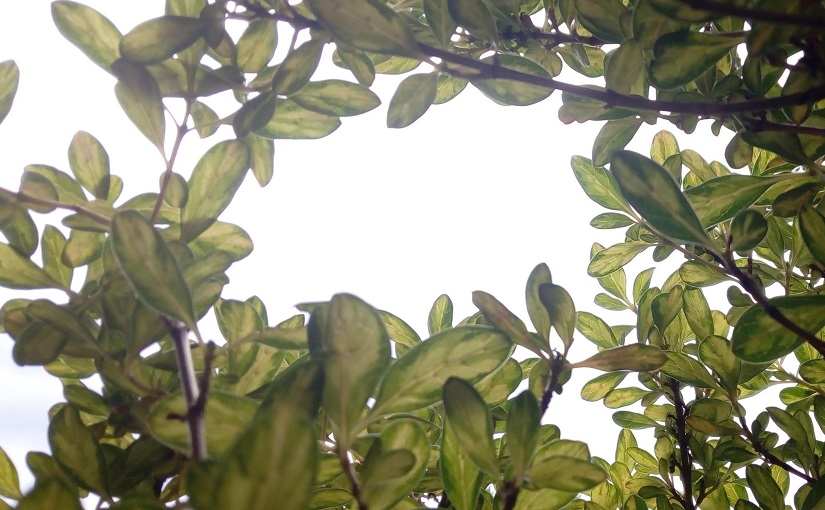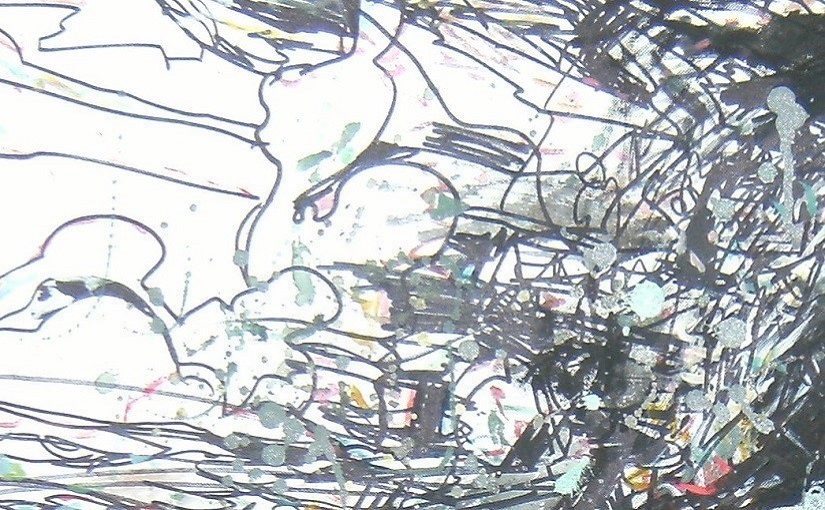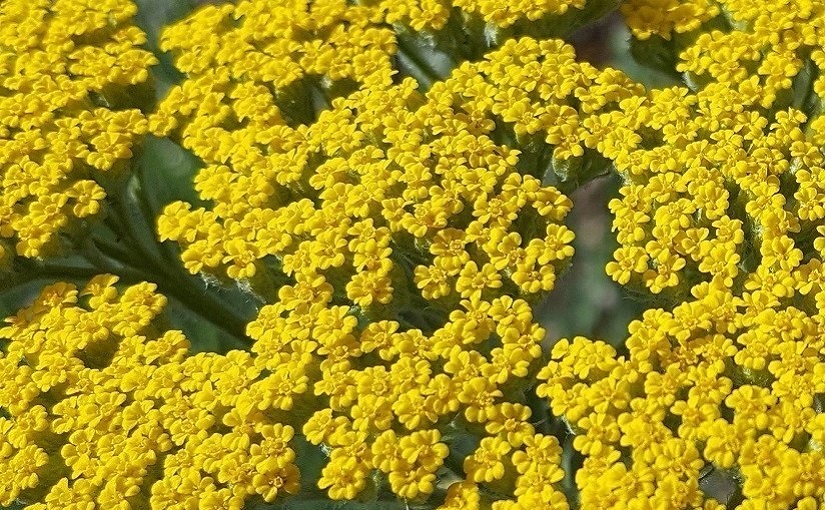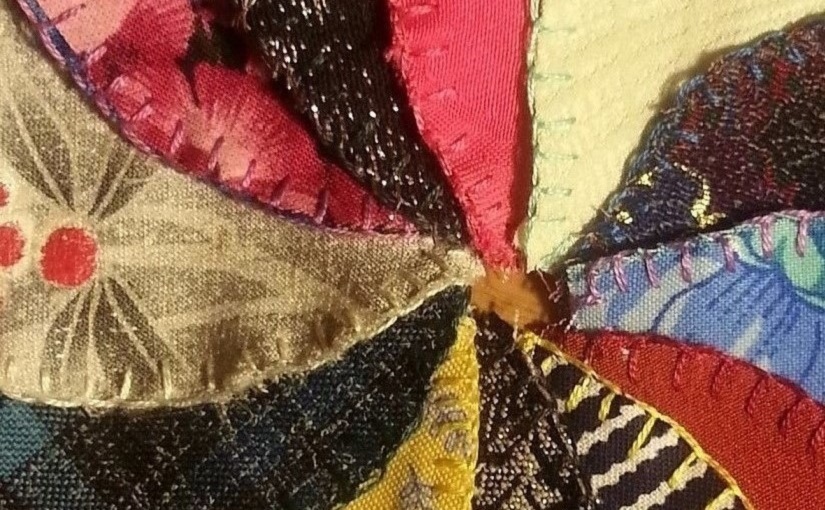Placing trust in someone or something is surely a sense of putting a thing of value in their hands, with the expectation they’ll treat it with the care and respect it deserves. Whether that’s time, information, vulnerability, or one of countless other ways we might share our truest selves and thereby give others the power to know or wound us deeply.
As humans, we have this space which is ours: our history, identity, feelings, words, interests. That space where “we” live and have our being. It’s the space of life, of influence we have on others, of how we’re expressing ourselves and what we’re bringing into life through our own unique existence (Notes One).
It seems to me that each person’s this powerful centerpoint of presence and activity. Our lives – our words, feelings, choices – are what spill out into the world around us to make up the realities we share. Everything we do matters somewhere, to someone. All these chains of causality, these near-invisible trends and accumulated consequences that ripple out and create the tides or storms of our lives.
Which seems to beg the question of what’s guiding or regulating that flow. In the past, perhaps, common social conventions held people? Also, limitation: you could create waves around you, but there wasn’t much opportunity to create larger impacts as we see today. These things seemed to hold people, keeping life in check somehow (Notes Two).
Now though, almost all barriers are gone. Each individual steps directly into the online world, often, it seems, learning how to be through the examples and practices most evident in that space. It is, in a way, lawless with standards shifting quickly, fluidly evolving around the new realities of life (Notes Three).
It’s startling how fast humans adopt new ways of being; forgetting – or, never knowing – things were done quite differently and deliberately in the not-so-distant past. Modern ways clearly arose from such foundations, from a background of bitterly fought battles around core principles of progress and human worth. There was substance, idealism, deep belief in the project of Western society.
So, despite this convoluted path, what I suppose I’m trying to say is that we’re placing a great deal of trust in modern technology. Our personal space, our social realities, the forces shaping our lives individually and collectively, all this now runs through this essentially external system that’s seeking to organise those lives.
At times it seems we’ve simply handed everything over: communication, relationships, social infrastructure, economic realities, this whole cloud of information now inhabits that space and interacts with us as it sees fit. Language, human nature, social bonds, mutual cooperation, all this has never been easy but tech can make them seem perilously so with its finely tuned ideas for restructuring our lives.
It’s fascinating really, this externalised world that’s effectively governing modern life. But maybe it’s wise to consider the importance of what we’re handing over? Be it trust, personal space, peace of mind, or the idea of society itself.
Notes and References:
Note 1: Working through mind & society
Note 1: What really matters
Note 1: What we bring to life
Note 2: How important is real life?
Note 2: Value in visible impacts
Note 2: What holds it all together
Note 3: Can we manage all-inclusive honesty?
Note 3: In the deep end…
Note 3: Things change, over time

